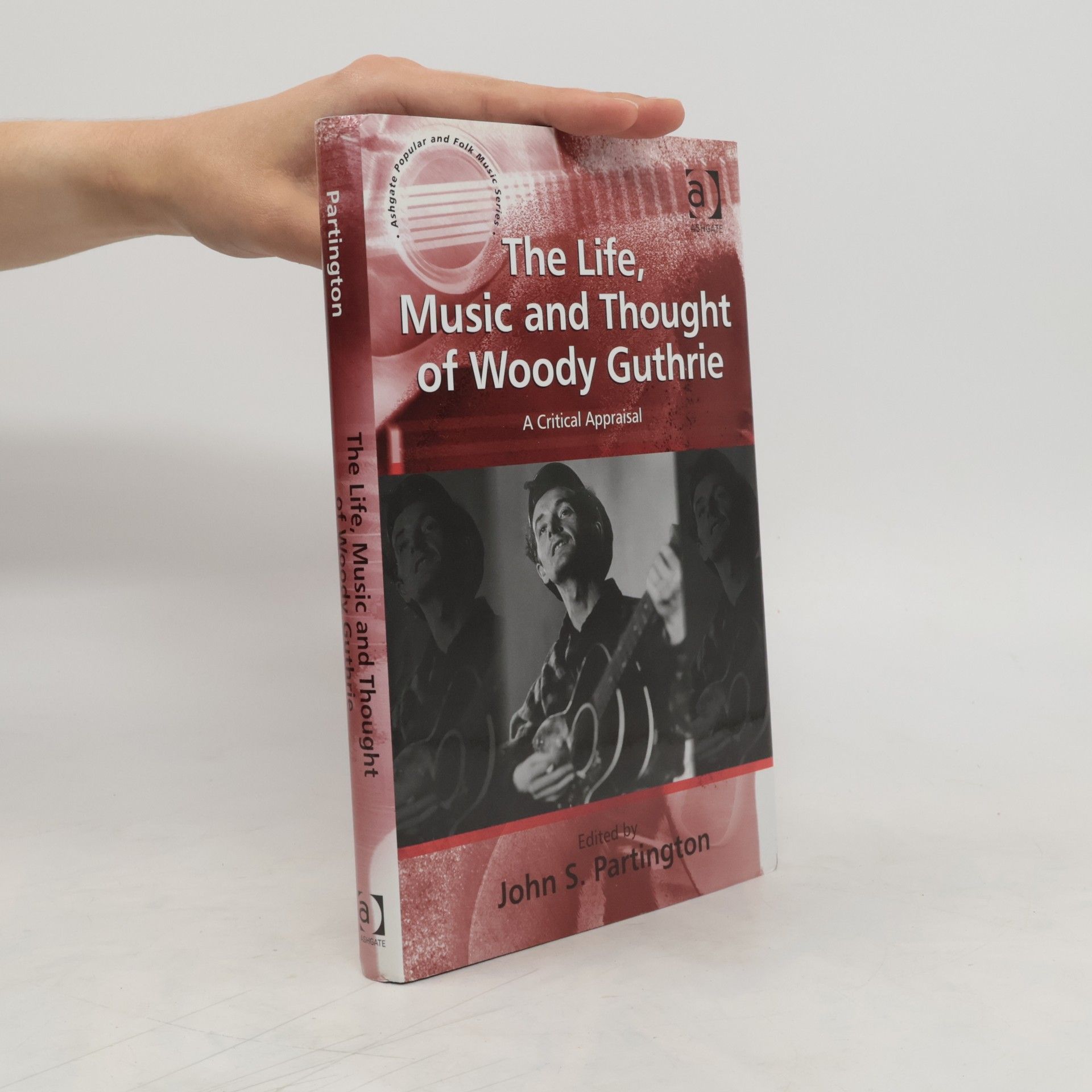The intellectual scope and cultural impact of British writers cannot be assessed without reference to their 'European' fortunes. This collection of 20 essays, prepared by an international team of scholars, critics and translators, records the ways in which H.G. Wells has been received, translated and published in different areas of Europe. Wells was described by one of his European critics as a 'seismograph of his age'. He is one of the founding fathers of modern science fiction, and as a novelist, essayist, educationalist and political propagandist his influence has been felt in every European country. This collection of essays offers pioneering insights into Wells's contribution to twentieth-century European literature and to modern political ideas, including the idea of European union.
John S. Partington Knihy


Woodrow Wilson Guthrie has had an immense impact on popular culture throughout the world. His folk music brought traditional song from the rural communities of the American southwest to the urban American listener and beyond. But Guthrie's music was only one aspect of his multifaceted life. As well as penning hundreds of songs, Guthrie was also a prolific writer of non-sung prose, an artist and a poet. This collection provides an examination of Guthrie's cultural significance and an evaluation of his impact on American culture and international folk-culture.